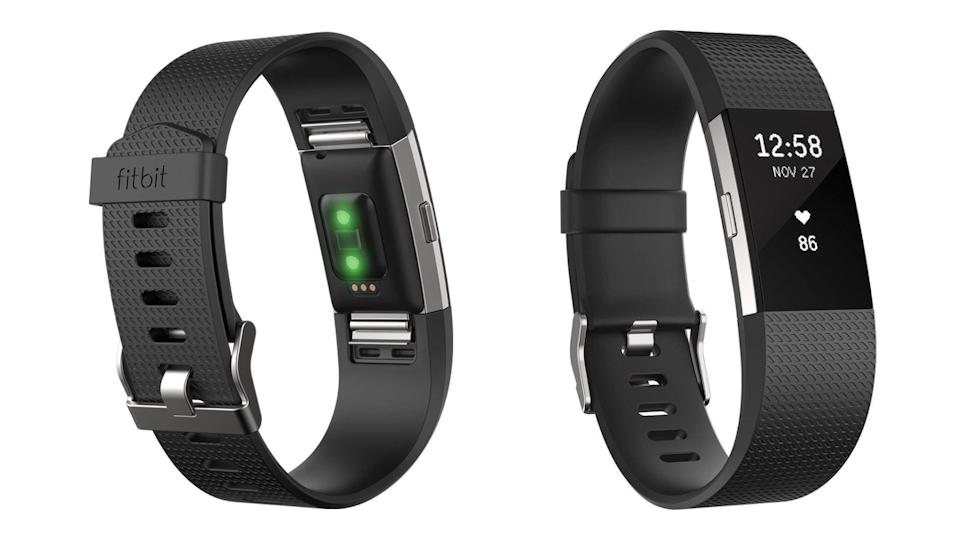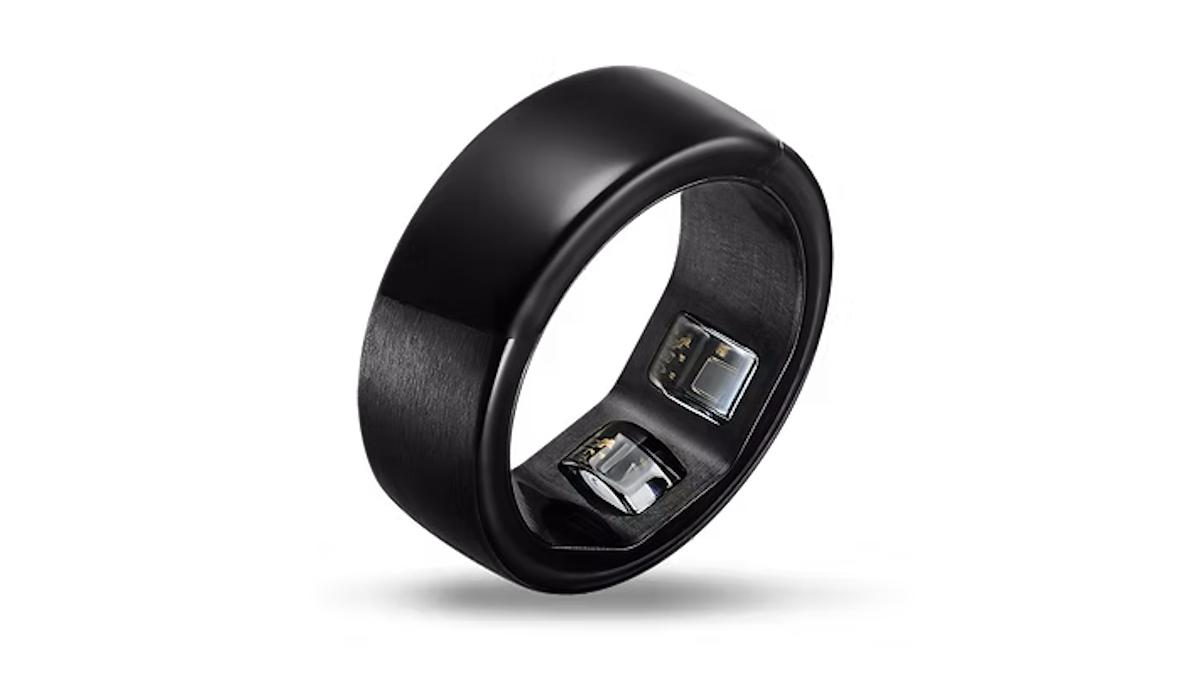Study finds wearables deliver key insights in heart disease

Fitbit Charge 2 device
Off-the-shelf consumer wearables have shown a benefit when used to monitor the response to treatment in patients with atrial fibrillation (AF) and heart failure (HF).
Researchers in the UK used a Samsung A6 smartphone and Fitbit Charge 2 to collect data from patients being treated for the two conditions over 20 weeks, to see if they could continuously monitor the response to medications and provide clinical information similar to in-person hospital assessment.
The verdict? The wearables were equivalent to standard tests often used in hospitals and clinical trials that require staff time and resources, according to the study, which has been published in the journal Nature Medicine.
Using the devices, the team from the cardAIc group at the University of Birmingham in the UK monitored heart rate and physical activity in a subgroup of 53 older patients with permanent AF and HF – with an average age of 73 – who were randomised to treatment with either digoxin or beta-blocker drugs as part of the larger RATE-AF trial.
After sifting through some 140 million data points generated during the trial, the researchers found that digoxin and beta-blockers had a similar effect on heart rate, even after accounting for differences in physical activity.
That runs counter to the commonly held view that digoxin is inferior to beta-blockers for heart rate control in AF, according to the investigators.
Moreover, using a neural network model to "avoid an over-optimistic view of the wearable data stream," the team – led by Professor Dipak Kotecha of Birmingham's Institute of Cardiovascular Sciences – found that the wearables were able to match in-clinic assessment on key outcome measures.
Specifically, they were able to predict New York Heart Association (NYHA) functional class at the 20-week time point "similarly to standard clinical measures of electrocardiographic heart rate and 6-minute walk test," according to the paper.
"This study shows the potential to use this new technology to assess the response to treatment and make a positive contribution to the routine care of patients," said Prof Kotecha.
"Heart conditions such as atrial fibrillation and heart failure are expected to double in prevalence over the next few decades, leading to a large burden on patients, as well as substantial healthcare cost," he added.
"This study is an exciting showcase for how artificial intelligence can support new ways to help treat patients better."
The study was funded as part of the BigData@Heart consortium from the EU's Innovative Medicines Initiative.












